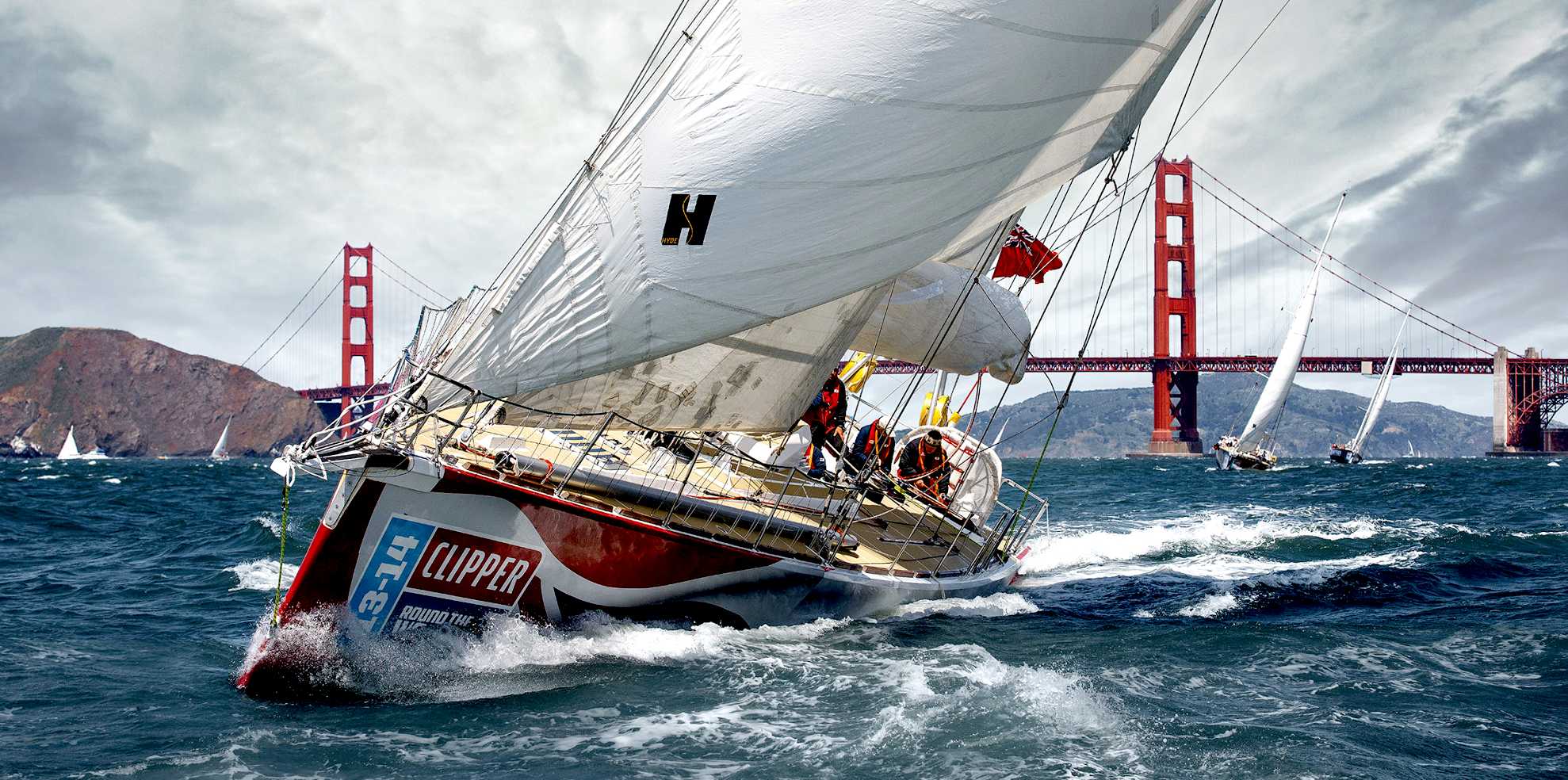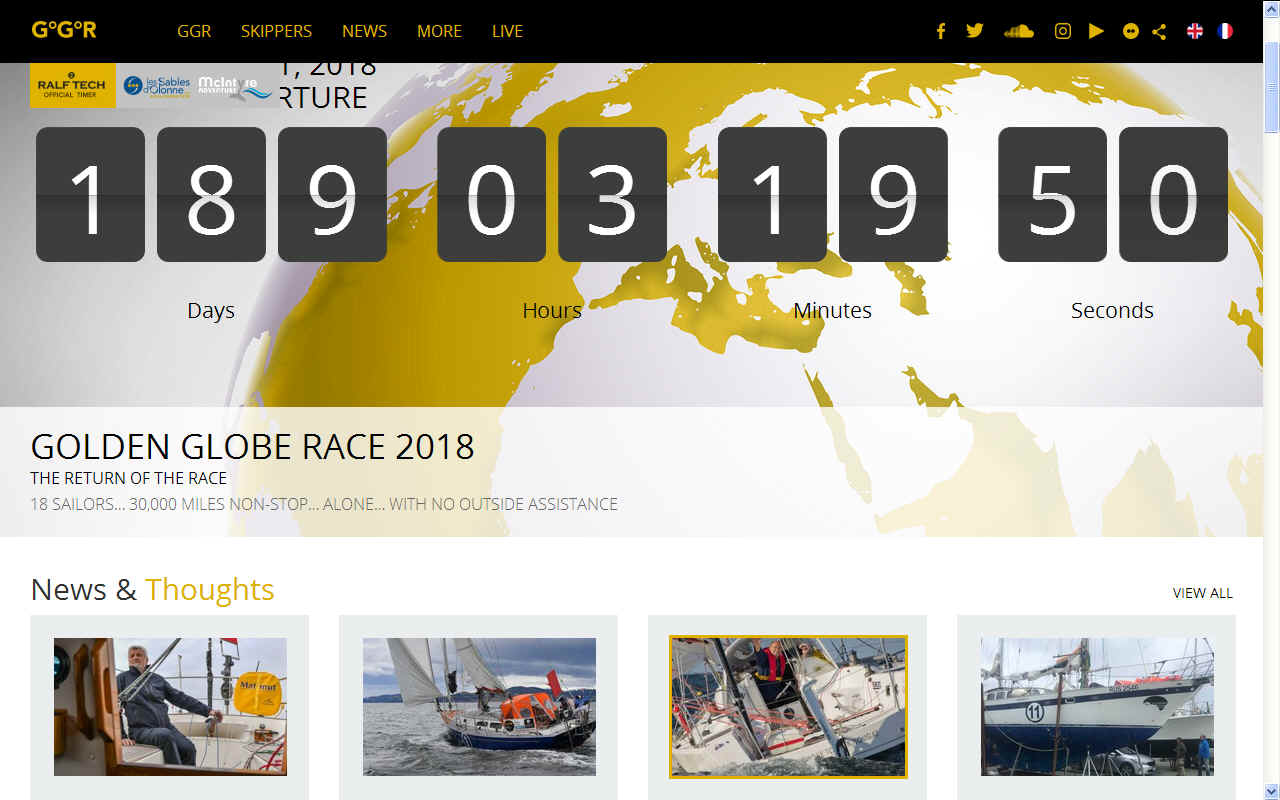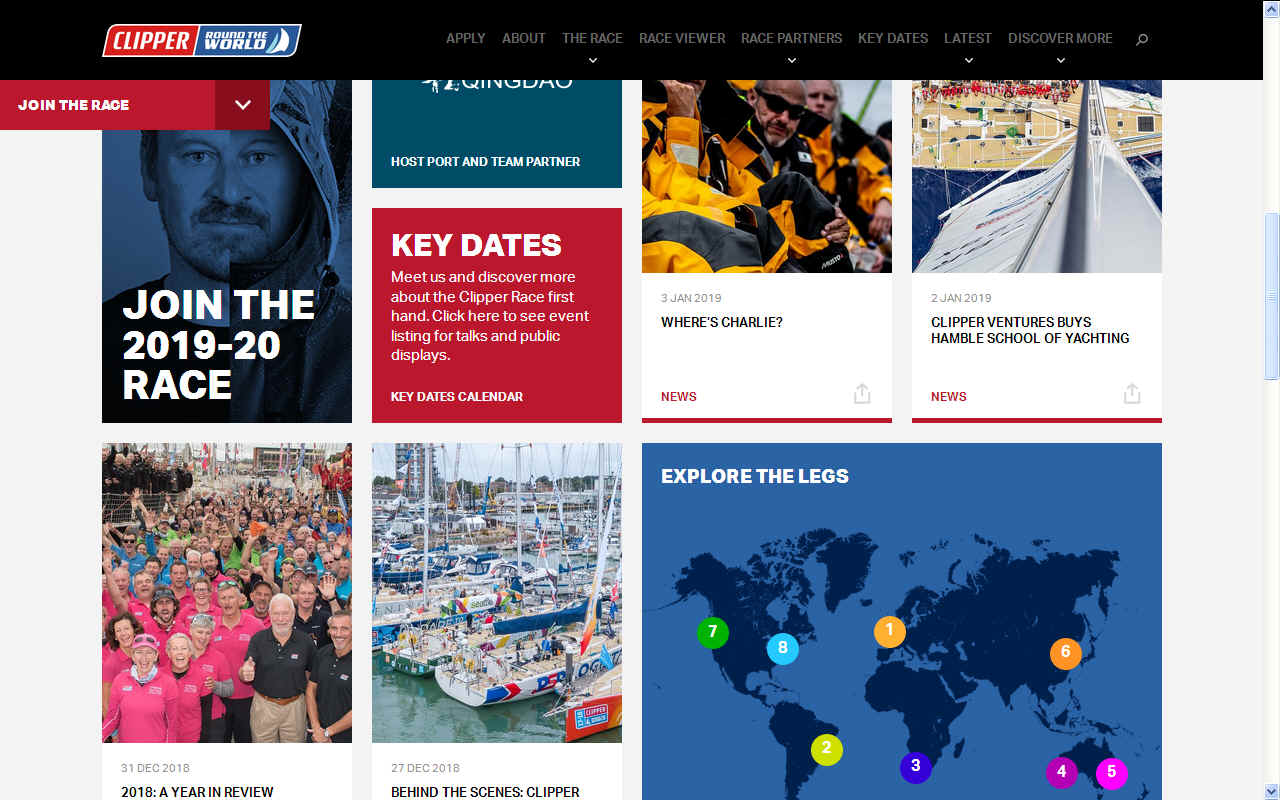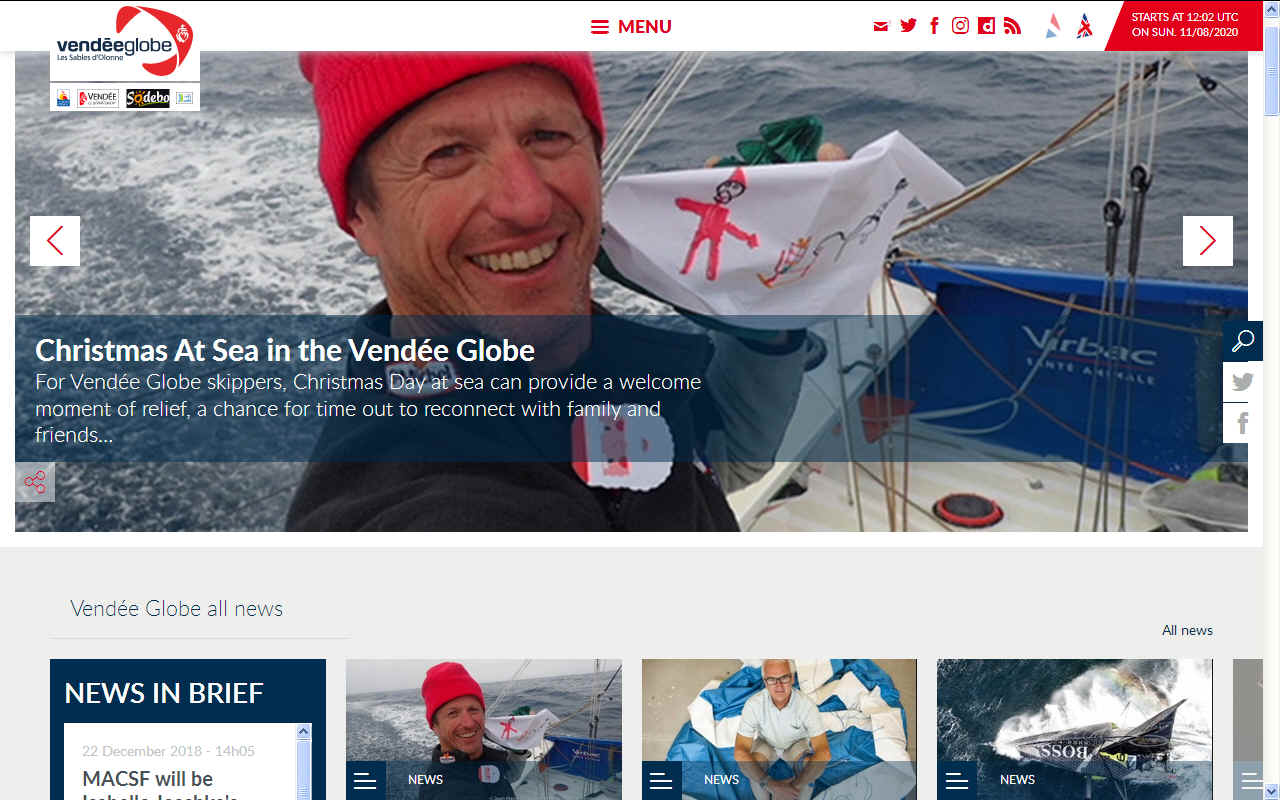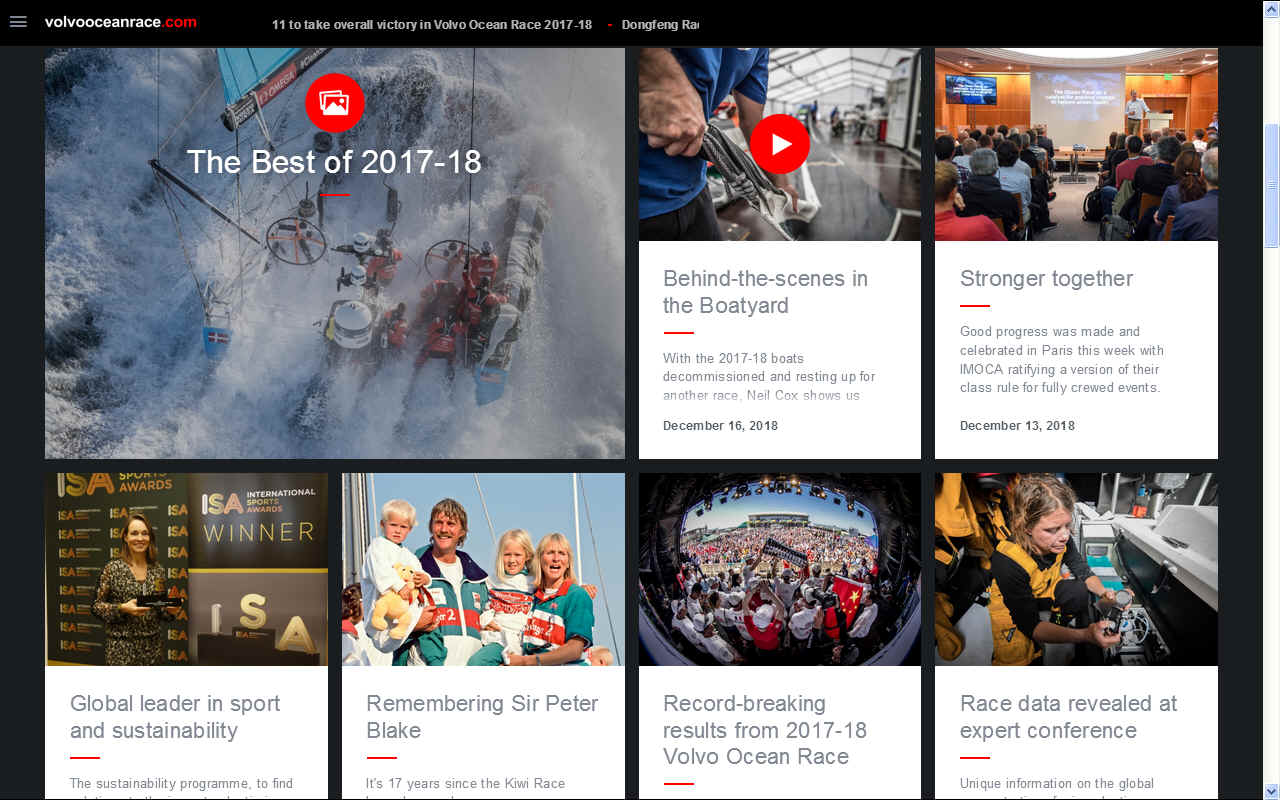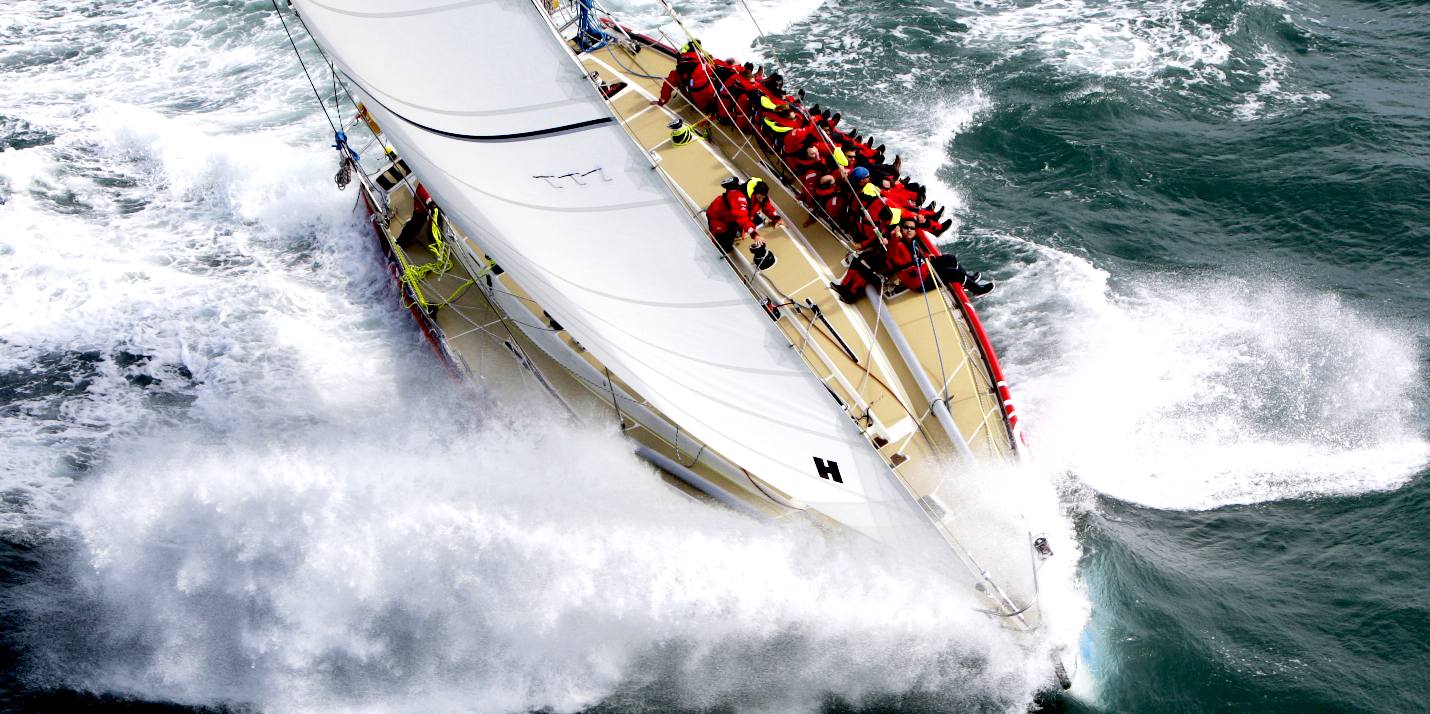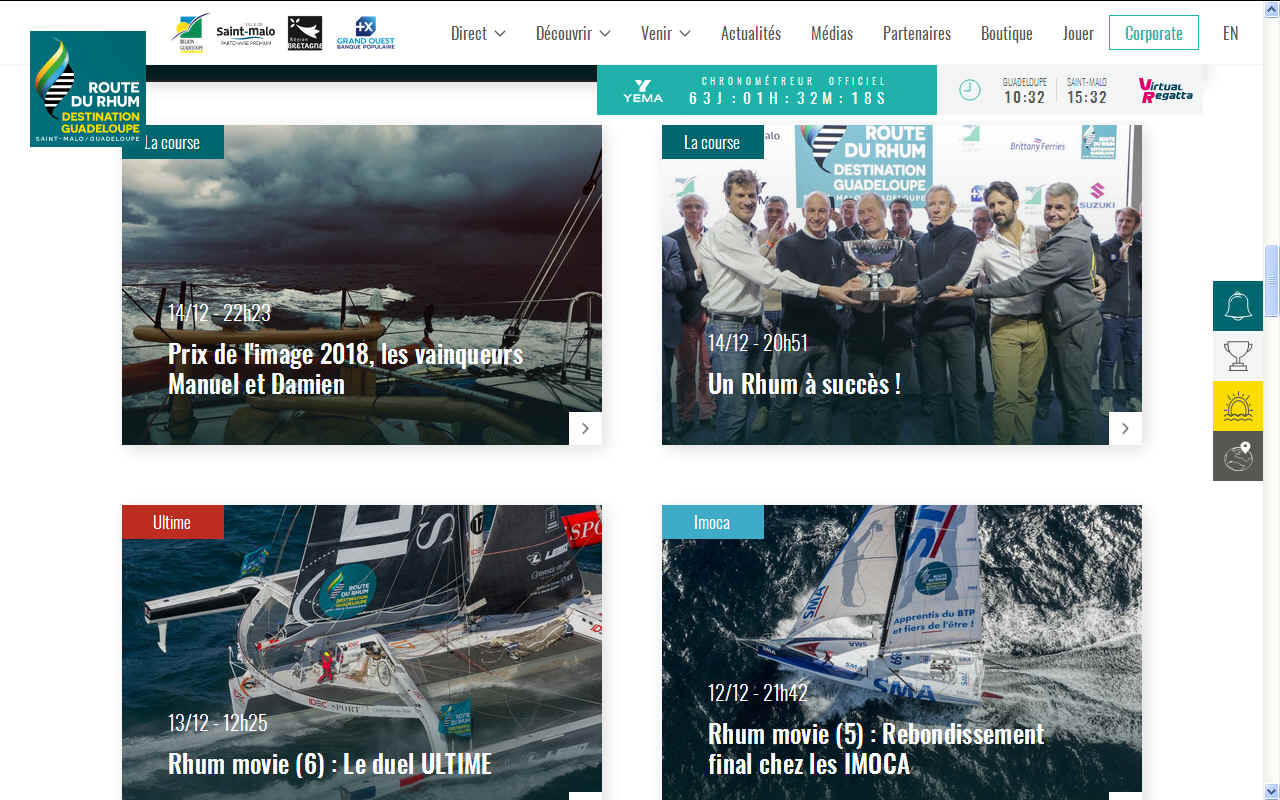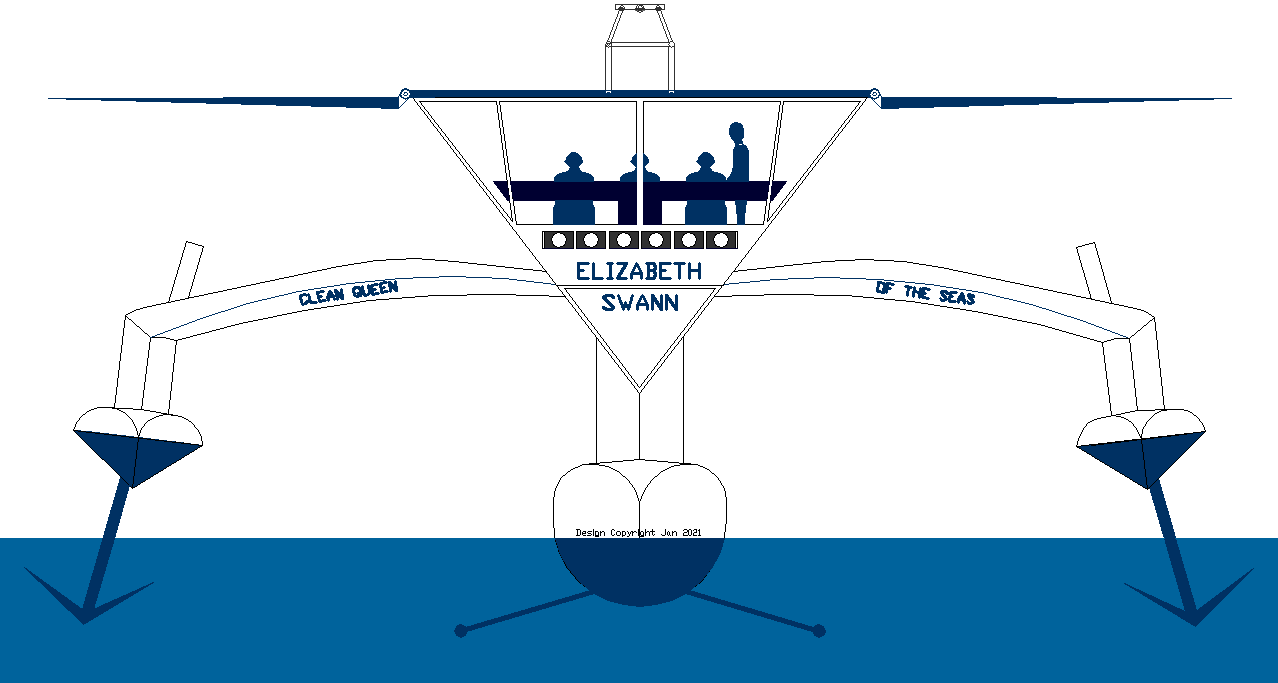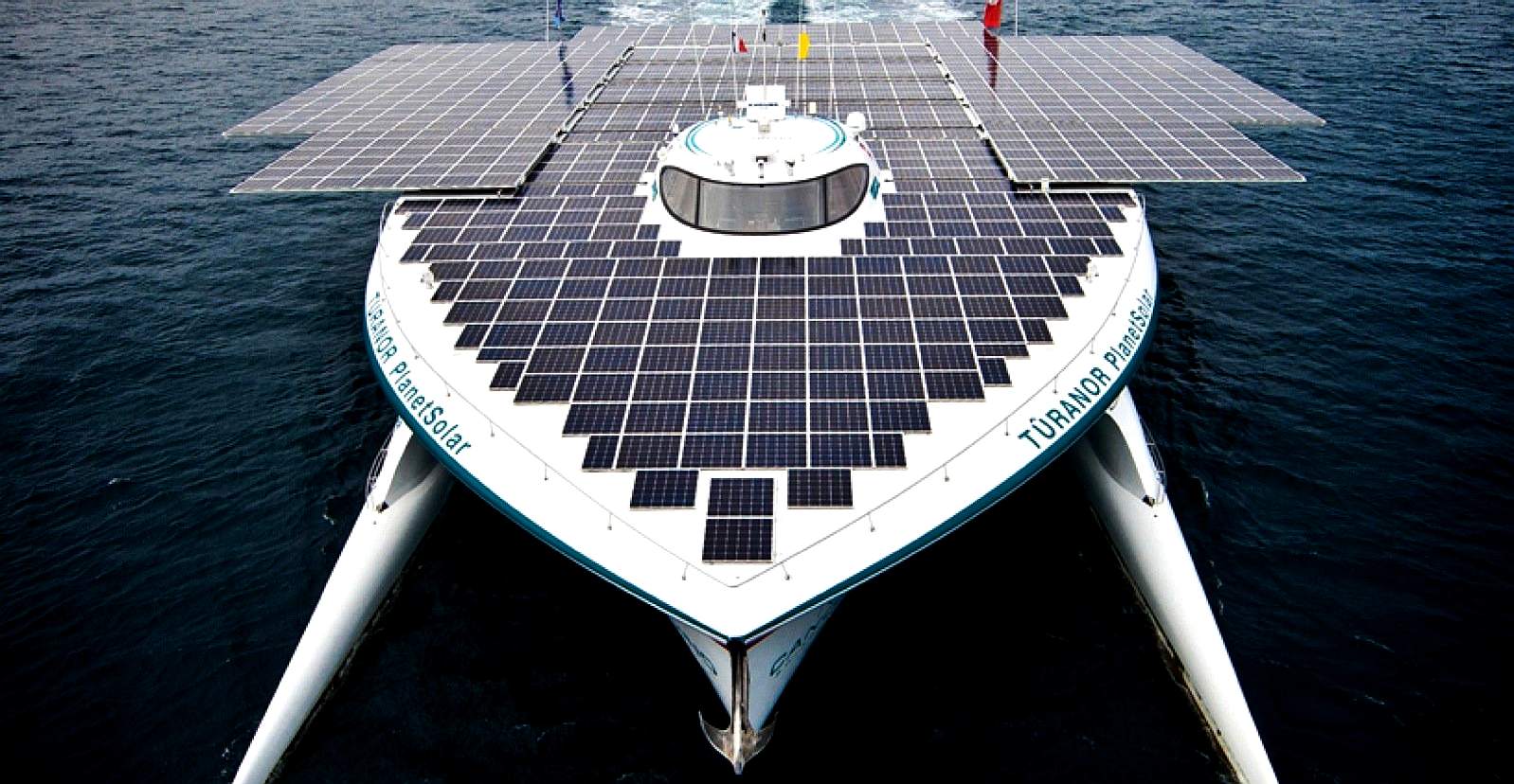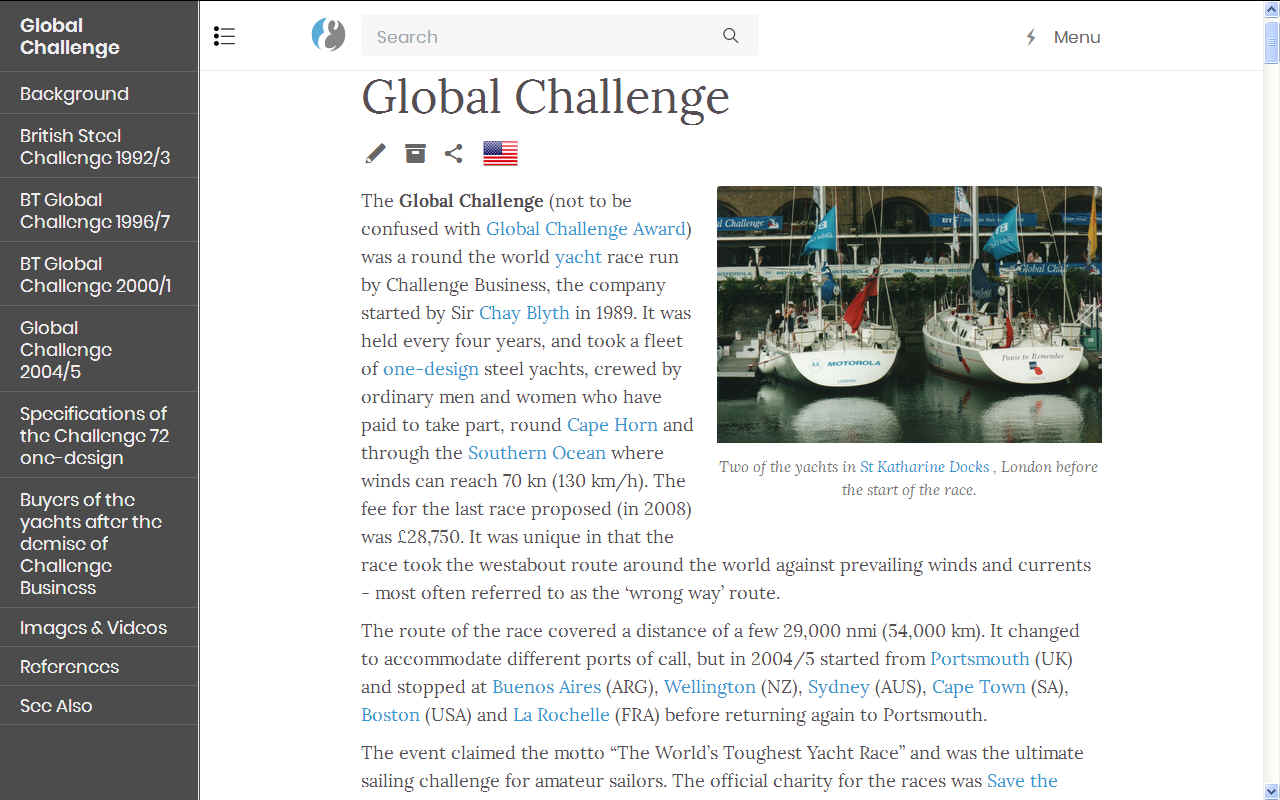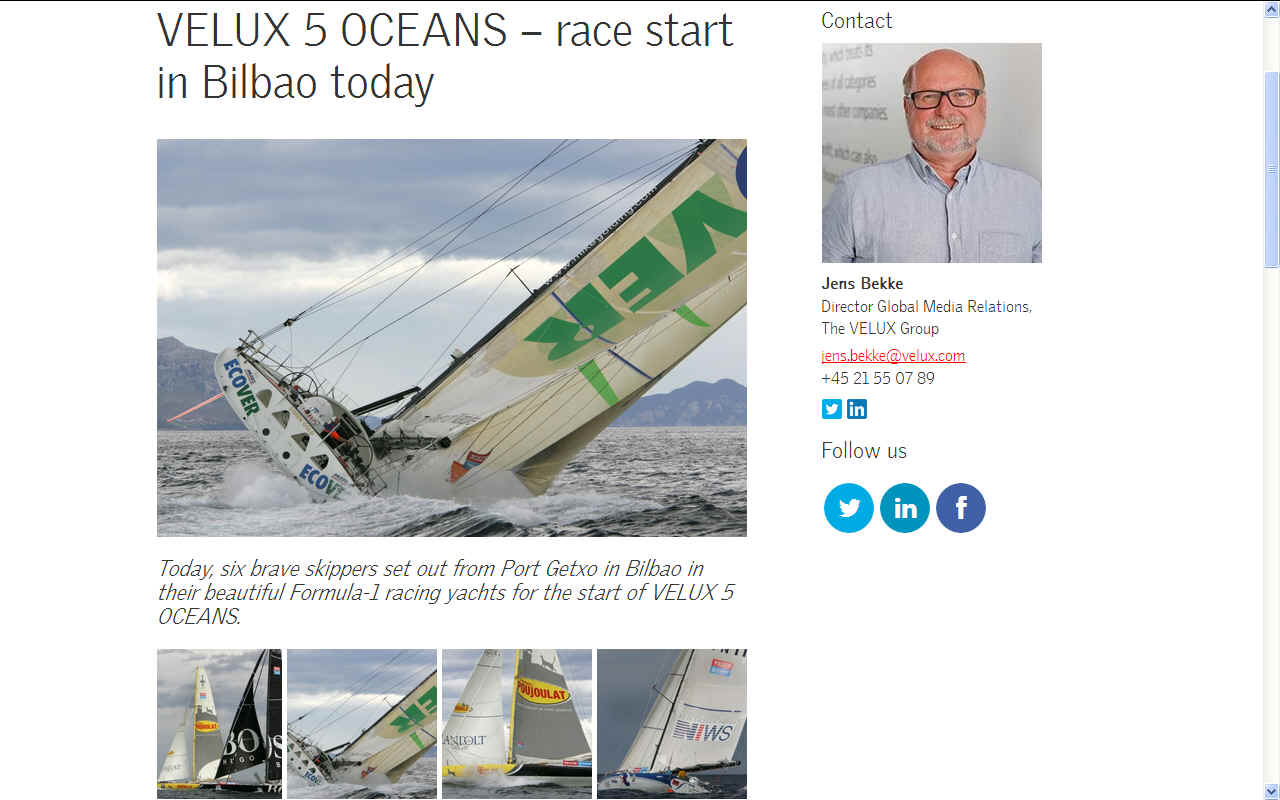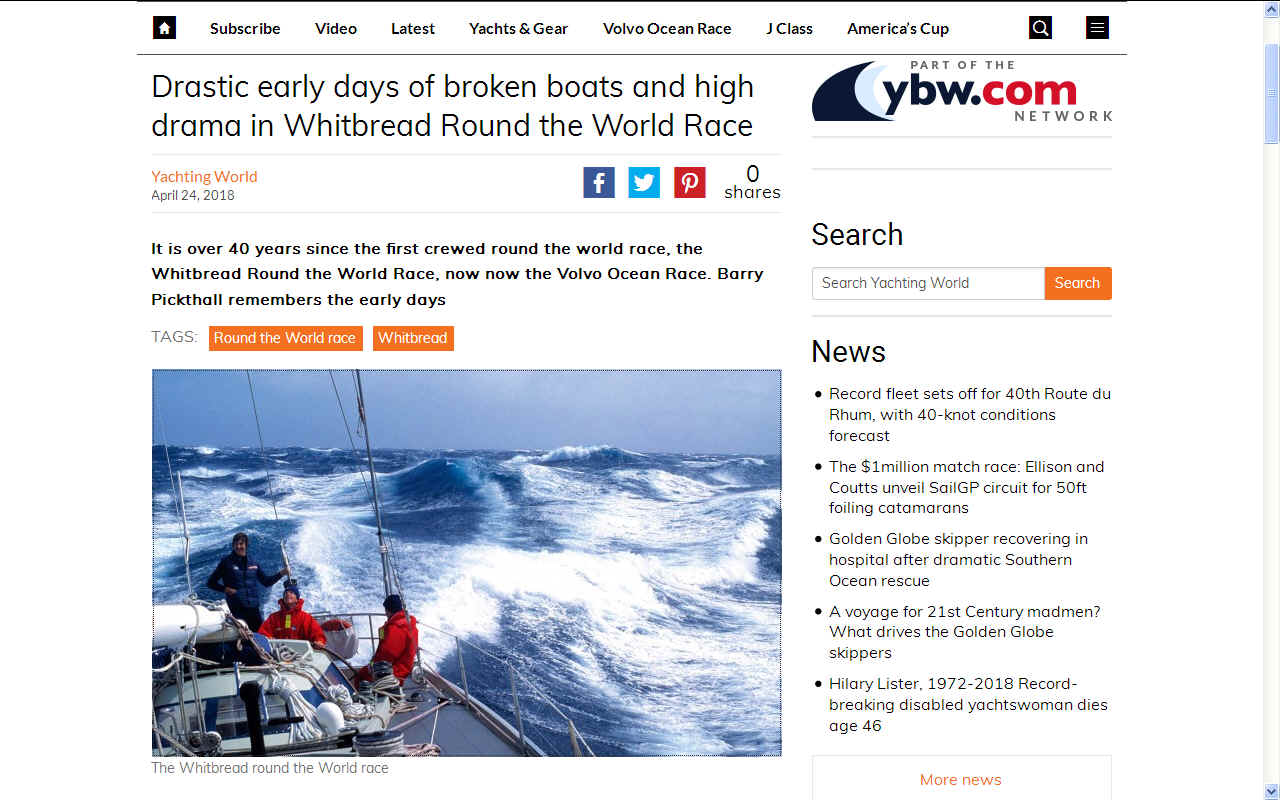|
WORLD SAILING RACES
ABOUT - ATLANTIC - CIRCUMNAVIGATION - CLIMATE - NATIONS - HYDROGEN - OCEAN PLASTIC PLEASE USE OUR A-Z INDEX TO NAVIGATE THIS SITE WHERE PAGE LINKS MAY LEAD TO EXTERNAL SITES, or: HOME
THE FUTURE OF OCEAN RACING
Sailing boats are zero carbon vessels that may one day make a comeback in terms of scheduled cargo transports, more than likely not in the form enjoyed in current yacht racing sport, taking seamanship out of the equation.
Importantly, races such as these keep the ocean in the public eye, but don't portray the current issues facing the planet in terms of climate change and marine pollution. Rather, they present a romantic image of the sea. This is not to detract from the enormous skills of the competitors, the designers of the boats or the good intentions of the organizers - of which we hugely applaud - and which endeavors should continue for the sport of sailing.
Most large luxury yachts afloat today rely on diesel engines. They can fairly be described as gas guzzlers, contributing to global warming. The owners of these gleaming plastic palaces have made their money in a society based on fossil fuel consumption before scientists drew attention to the need for more environmentally sound transport, heralding a need for a change in technology if we are to stay afloat with a clean bill of health.
Those with a love of the sea can remain on the water by moving to sails and employing a crew for the chore or move to automated rigging, or by using motorized vessels that are solar powered. You will see from the history of sailing events that there have been numerous brand lead and formula changes to attract philanthropists as responsible corporations willing to invest in clean energy. It is certain then, that electric yachting will eventually gain attention as promising technology in the battle against global warming.
THE SUNDAY TIMES GOLDEN GLOBE RACE
The Sunday Times Golden Globe Race was a non-stop, single-handed, round-the-world yacht race, held in 1968–1969, and was the first round-the-world yacht race. The race was controversial due to the failure of most competitors to finish the race and because of the suicide of one entrant; however, it ultimately led to the founding of the BOC Challenge and Vendée Globe round-the-world races, both of which continue to be successful and popular.
THE
WHITBREAD ROUND THE WORLD RACE
THE BOC CHALLENGE
The BOC Challenge race was established in 1982, with main sponsorship from BOC Gases. The race was inspired by the Golden Globe Race, which was the first single-handed round-the-world yacht race. Although the Golden Globe was a non-stop race, the BOC Challenge concept was for a single-handed round-the-world race, to be run in stages (in contrast to the Vendée Globe, which is non-stop). As the longest single-handed event in the world, it is regarded as one of sailing's ultimate challenges.
THE VELUX 5 OCEANS RACE
The Velux 5 Oceans Race is a round-the-world single-handed yacht race, sailed in stages, managed by Clipper Ventures Plc since 2000. Its current name comes from its main sponsor, Velux, an international company based in Denmark that specializes in windows and skylights. Originally known as the BOC Challenge, for the title sponsor BOC Gases, the first edition was in 1982. In the late 1990s the race was renamed the Around Alone, the 2006–2007 edition ran under its current name.
CLIPPER ROUND THE WORLD YACHT RACE
The Clipper Round the World Yacht Race is a sailing race around the world in 8 legs, with trained amateur crew members. The organisers own a fleet of identical yachts, the Clipper 70, and provide qualified skippers to lead each team. Crew can either sign up for the whole race, or one or more legs. The race was conceived in 1995 by Sir Robin Knox-Johnston who founded Clipper Ventures plc as a company to run the race. The race ran every two years between 1996 and 2002, and then skipped a year, with subsequent races beginning in 2005, 2007, 2009, 2013, 2015 and 2017.
THE VENDEE GLOBE CHALLENGE
The Vendée Globe is a single-handed (solo) non-stop yacht race around the world without assistance. The race was founded by Philippe Jeantot in 1989, and since 1992 has taken place every four years. It is named after the Département of Vendée, in France, where the race starts and ends. The Vendée Globe is considered an extreme quest of individual endurance and the ultimate test in ocean racing.
THE VOLVO OCEAN RACE
The Volvo Ocean Race (formerly the Whitbread Round the World Race) is a yacht race around the world, held every three years. Originally named after its initiating sponsor, British Whitbread brewing company, it today carries the name of its current owner, Swedish automobile manufacturer Volvo Cars and Swedish multinational manufacturing company, the Volvo Group. Presently, the Netherlands holds the record of three wins, with Dutchman Conny van Rietschoten the only skipper to win the race twice.
THE GLOBAL CHALLENGE
The Global Challenge (not to be confused with Global Challenge Award) was a round the world yacht race run by Challenge Business, the company started by Sir Chay Blyth in 1989. It was held every four years, and took a fleet of one-design steel yachts, crewed by ordinary men and women who have paid to take part, round Cape Horn and through the Southern Ocean where winds can reach 70 kn (130 km/h). The fee for the last race proposed (in 2008) was £28,750. It was unique in that the race took the westabout route around the world against prevailing winds and currents - often referred to as the ‘wrong way’ route.
THE ELIZABETH SWAN - [Left] The graceful lines of this beautiful solar powered boat complements the zero carbon cruising ideal that many designers and United Nations planners aspire to under SDG13. When built the Swan's hull will be the largest solar powered boat in the world at 43 meters (140ft). She could also prove to be the world's fastest blue water cruiser.
A NEW BREED - [Right] On the 4th of May 2012, the MS Tûranor PlanetSolar set a world record for the fastest solar powered circumnavigation of 584 days also going into the Guinness Book of World Records for other electric boat achievements. PlanetSolar began its epic adventure from Monaco, also coming home to the harbour for a solar powered celebration. Though nearly seven years ago, we wonder if the success of this venture might one day lead to solar ocean races, where it is technically feasible to equal the times of most yacht sailing races.
LINKS & REFERENCE
https://www.clipperroundtheworld.com/ https://www.vendeeglobe.org/en https://www.routedurhum.com/fr https://goldengloberace.com/ https://www.volvooceanrace.com/en/home.html
This website is provided on a free basis as a public information service. Copyright © Cleaner Oceans Foundation Ltd (COFL) (Company No: 4674774) 2021. Solar Studios, BN271RF, United Kingdom. COFL is a charity without share capital.
|
